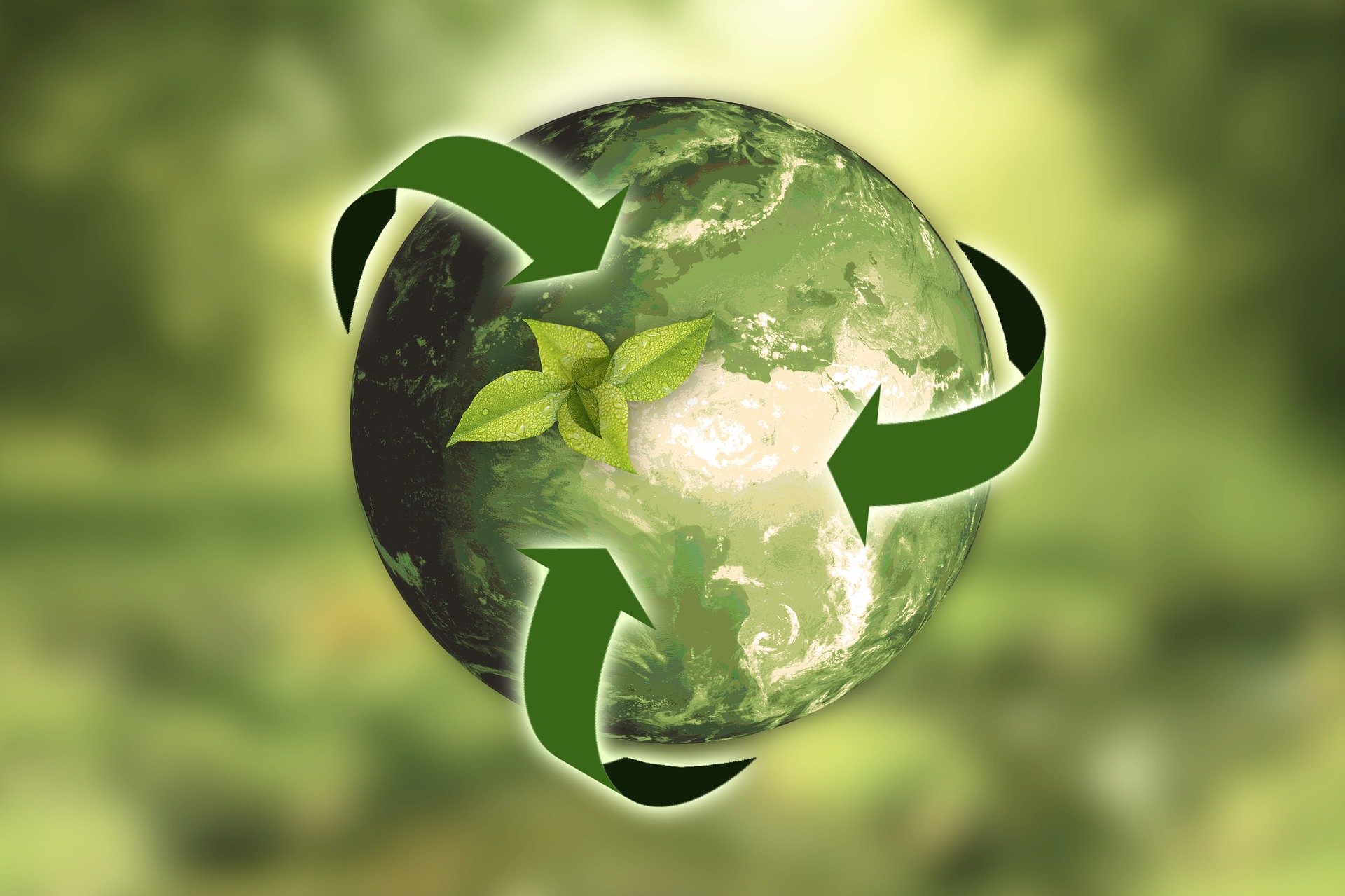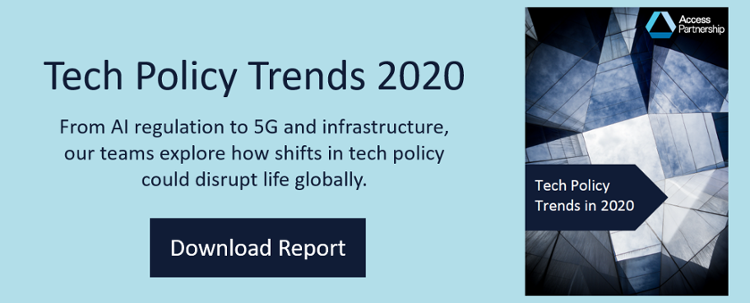

Author: Nikita Andersson, Access Partnership
Sustainability, climate change and ‘green’ processes have become priority items in the agendas of policy-makers and regulators worldwide. While none of these are new topics, there has been an increased focus of the world’s attention on these issues in recent years. “Sustainable growth” has become one of the most used terms in policy forums globally, and policy-makers, regulators and industry have been tasked with working together to find solutions that may contribute to the creation of sustainable, green and energy efficient industries.
Information and Communication Technologies (ICTs) are often at the centre of this debate and are considered both saviour and culprit in the sustainability debate. For example, while it is estimated that ICTs contribute 2 to 2.5% of global greenhouse gas (GHG) emissions, they also play a role in its reduction. As the ITU has stated, ICTs are instrumental in monitoring climate change, mitigating and adapting to its effects and facilitating the transition towards a green and circular economy. Thus, policy-makers feel the need to manage the negative impact that ICTs may have on the environment and ensure they can harness their potential to achieve sustainable growth.
For these reasons, policy-makers worldwide are placing ICTs at the centre of their environmental strategies, working with industry to develop new standards and frameworks which address current global challenges. In the following paragraphs we offer an overview of what leading organisations are doing to ensure they can harness the power of ICTs in the fight against climate change.
A New Environmental Agenda for the ITU
The ITU’s secretary-general, Houlin Zhao recently explained that “today, we are faced with not one but two deep transformations.” The first major shift he alludes to is emerging technologies such as artificial intelligence (AI), 5G, and blockchain, among others. The second transformation is that of climate change, which will increasingly disrupt the planet. In order to reconcile environmental issues, the United Nations and its specialised agencies believe that we must harness the digital revolution.
With the Climate Action Summit in New York and the COP25 conference, which was held in Madrid at the end 2019, the ITU has outlined a new environmental agenda. As connectivity spreads and more people engage with new technologies, the carbon footprint of the ICT industry is set to increase. To manage this growth, the ITU has established a new Focus Group on Environmental Efficiency for Artificial Intelligence and other Emerging Technologies (FG-AI4EE)which will meet throughout 2020 to raise awareness of the environmental impacts of frontier technologies on a global platform. It will investigate the ability of AI and emerging technologies to contribute to the achievement of the Sustainable Development Goals and the objectives laid out in the Paris Agreement. In the coming year, the ITU plans to work with the ICT industry to minimise its carbon footprint and develop international standards (ITU-T Recommendations). As it extends its focus beyond its core competencies of spectrum management and satellite coordination, it will explore new policy areas such as smart cities, data centres and e-waste management. The ITU’s secretary-general has made it clear that low carbon and a more circular economy are of the highest priority and so we can expect to see these issues form a key trend in 2020.
Reconciling Innovation with Regulation at OECD
The OECD Environment Directorate has developed a project on Environmental Policy and Technological Innovation (EPTI) to investigate the effects of climate policy on technological development. With the aim of improving climate regulations whilst still allowing for innovation, the OECD views ICT as one of the critical industries ensuring the co-existence of economic growth and environmental improvement. In 2020, the ICT industry will need to be more involved than ever in the regulatory process to ensure the most favourable outcomes for all.
A Shifting Mindset in Europe?
In Europe, environmental issues took centre stage with the recent appointment of Ursula von der Leyen as the new president of the European Commission in 2019. The incoming commissioner won over MEPs with the announcement of her Green Deal – a body of legislation to ensure the goal of climate neutrality in EU law. Although the exact details of the Green Deal is unknown, discussions for a longer-term climate strategy and net-zero emissions are taking place behind closed doors.
Likewise, the EU’s Directorate-General for Communications Networks, Content and Technology (DG CONNECT) is gearing towards a climate-focussed agenda and reflects a notable shift towards environmentally conscious ICT that will be a top priority in 2020.
What’s Next?
As sustainability reaches the top of multilateral, national and public agendas, it will be important for the ICT industry not only to be aware of their obligations, but also to be actively involved in the development process of regulation and standards. Indeed, the European Commission has already sought assistance in developing frameworks to measure its energy and environmental efficiency targets. With the upcoming ‘green’ agenda, it is likely that standards and regulators will demand more from businesses.
Likewise, the significant potential of technology to solve climate-related issues will lead policymakers to seek commercial partnerships and initiatives. A clear indication of this commitment can be seen in the upcoming sustainability agenda for the World Economic Forum in Davos. Across multilateral and national policymaking spheres, leaders will be increasingly eager to garner the support of ICTs in solving some of the world’s most pressing environmental problems.
